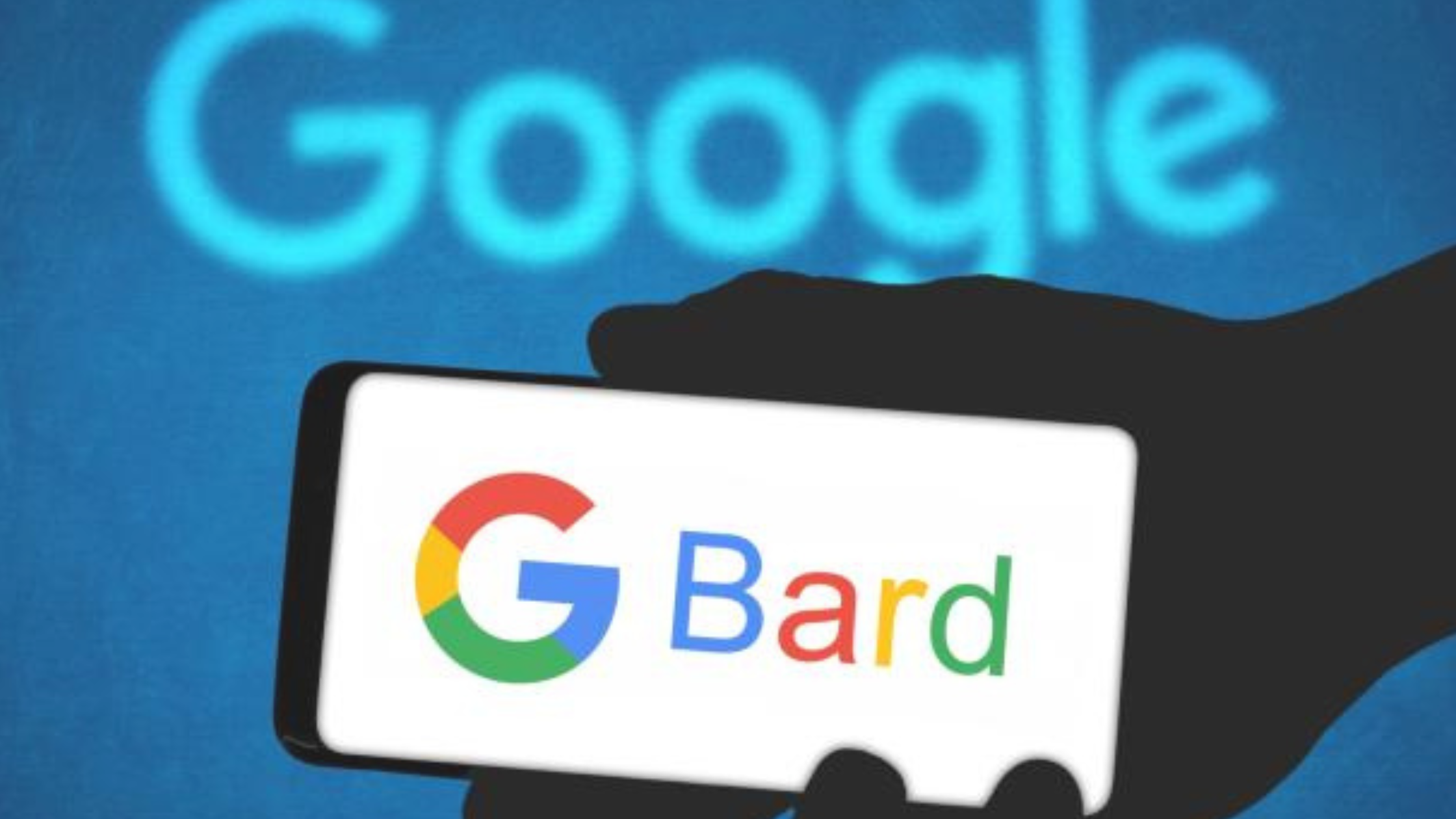Google Bard: Changing the Game for Law Firms
Google Bard is a new AI writing assistant that is quickly gaining popularity among law firms..

Google Bard is a new AI writing assistant that is quickly gaining popularity among law firms. Bard is a powerful tool that can help law firms save time and money, improve the quality of their content, and boost their online presence. Bard is trained on a massive dataset of text and code. This allows Bard to understand the nuances of human language and to generate text that is both accurate and creative. Bard can be used to generate a wide variety of content, including blog posts, articles, white papers, and even marketing materials.
In today's rapidly evolving legal landscape, the integration of advanced technologies has become a necessity for law firms seeking to streamline their operations and enhance their services.
Law firms can use Bard to:
-Bard can automate many of the tasks that are time-consuming and repetitive, such as research, writing, and editing. This can free up law firm employees to focus on more important tasks, such as client service.
-Bard can help law firms to produce high-quality content that is both informative and engaging. This can help law firms to attract new clients and to build relationships with existing clients.
-Bard can help law firms to create and manage their online presence. This can help law firms to rank higher in search engine results pages (SERPs) and to attract more visitors to their website.
Is Bard right for every law firm?
Bard is a powerful tool that can benefit law firms of all sizes. However, it is important to note that Bard is not a replacement for human creativity and judgment. Bard should be used as a tool to help law firms to produce high-quality content, but it should not be used as a replacement for human thought and input.
Here are some specific ways that law firms can benefit from using Google Bard:
-Research legal topics and generate summaries of complex legal documents.
-Write well-researched and informative blog posts, articles, and other marketing materials.
-Edit and proofread documents.
-Write articles that are engaging and thought-provoking.
This can save law firms a significant amount of time and money, which can be reinvested in other areas of the business. Bard can help law firms to produce high-quality content that is both informative and engaging. This can help law firms to attract new clients and to build relationships with existing clients.
Google Bard was trained using 1.56 trillion words from a public dataset. The estimated reach of Google Bard is 1 billion users. That means almost 1 out of 8 people worldwide will use Google Bard! Currently, Google Bard is available in English, Japanese and Korean.
Looking ahead, the continuous refinement of Google Bard is expected to bring about remarkable advancements. As the AI model's training dataset expands and new techniques are integrated, Bard's comprehension across various domains and its ability to generate high-quality content will improve significantly. This opens up new possibilities for enhanced collaboration between humans and AI. Bard can assist professionals in tasks ranging from content creation to problem-solving, ultimately enhancing human productivity and fostering creativity.
As the field of conversational AI progresses, it is crucial to address potential concerns and challenges that may arise. Privacy, data security, algorithmic biases, and the impact on human employment are important considerations that should be carefully monitored. Ongoing research, regulation, and public dialogue play a vital role in addressing these issues. By taking proactive measures to mitigate challenges, we can ensure that the benefits of conversational AI are maximized while minimizing potential risks.
Bard is an experimental Google chatbot that is powered by the LaMDA large language model. It's a generative AI that accepts prompts and performs text-based tasks like providing answers and summaries and creating various forms of content.
-Bard: Inspired by Celtic bards skilled in storytelling and music.
-LaMDA: Google Bard built on the LaMDA model, upgraded to LaMDA 2.
-Privacy Priority: Robust privacy measures ensure secure interactions.
-Programming Marvel: Bard masters over 20 programming languages.
-Highly Versatile: Assists in education, entertainment, and productivity.
-Enhanced Creativity: Generates imaginative content for creators.
-Ethical Guidelines: Emphasizes responsible and unbiased content generation.
-Improved Conversations: Engages in coherent and context-aware dialogues.
-Enhanced Multilingual Support: Generates text in a wide range of languages.
-Continual Learning: Adapts to new information for up-to-date knowledge.
While Bard can be leveraged as a research tool, its responses should not be taken at face value. Cross-verifying the information it provides is crucial to ensure content accuracy and compliance.
Businesses worldwide are increasingly using AI tools like to produce digital content, drawn by the potential for time and cost savings. Generic blogs with less technical jargon and claims that need further validation can be safely created by AI. However, more complex content such as white papers are better left to in-house specialists or digital marketing experts deeply versed in your sector.
Like ChatGPT, Bard can generate titles and outlines for digital content, which can be a boon for busy law firms looking to avoid the repetitive task of title rewriting and content structuring.
However, the current generations of generative AI also present some challenges. One significant issue is their tendency to confidently fabricate information. While this can be problematic in general search contexts, it becomes even more critical in the legal domain where the difference between success and failure can have serious consequences.
Unlike ChatGPT, which types as you wait, Bard's responses are near instantaneous, saving precious time. Bard offers law firms a powerful tool to save time, reduce costs, elevate content quality, and enhance their online presence.
Author
Katey Horne
Date
08 June 2023



